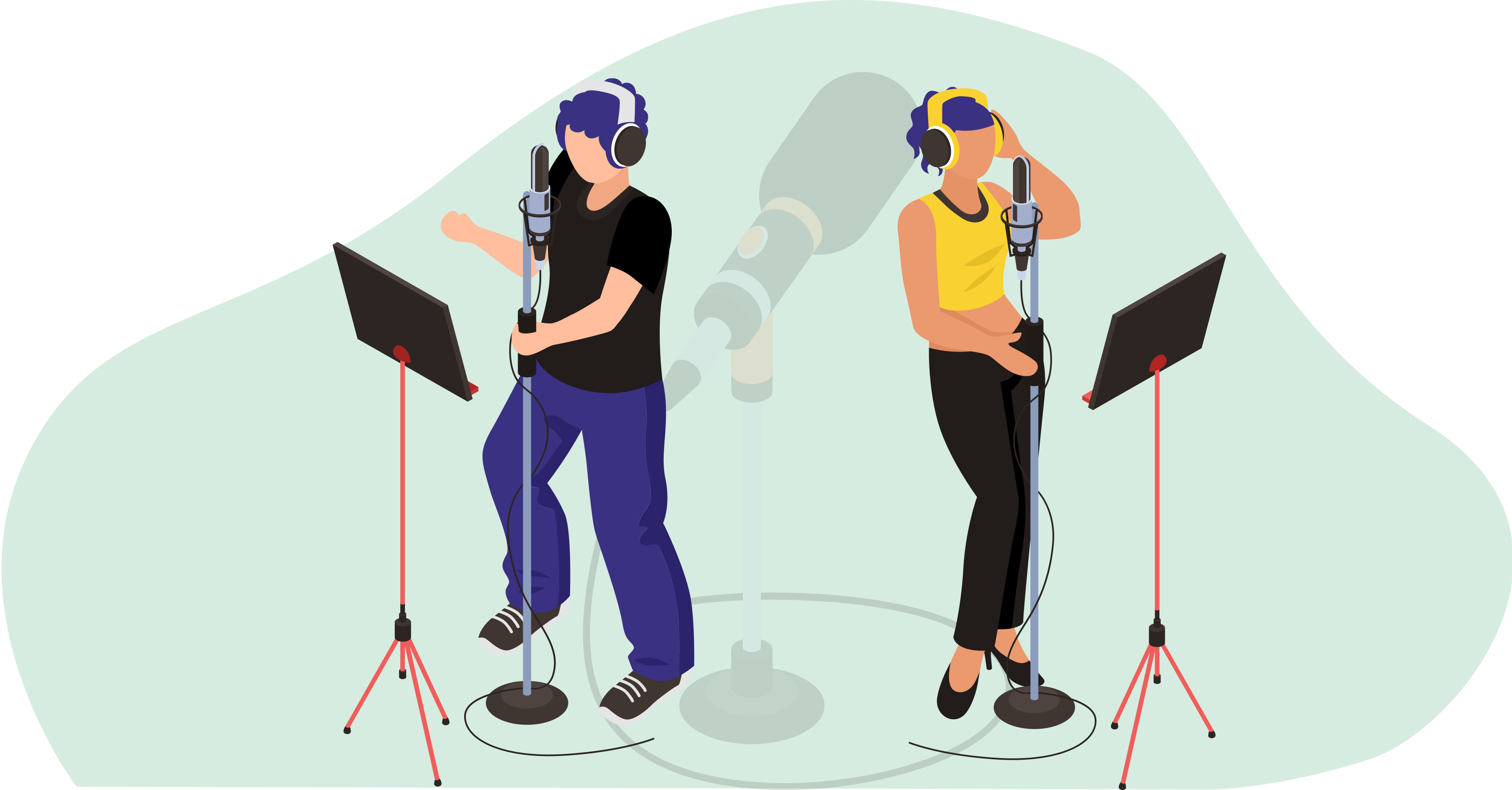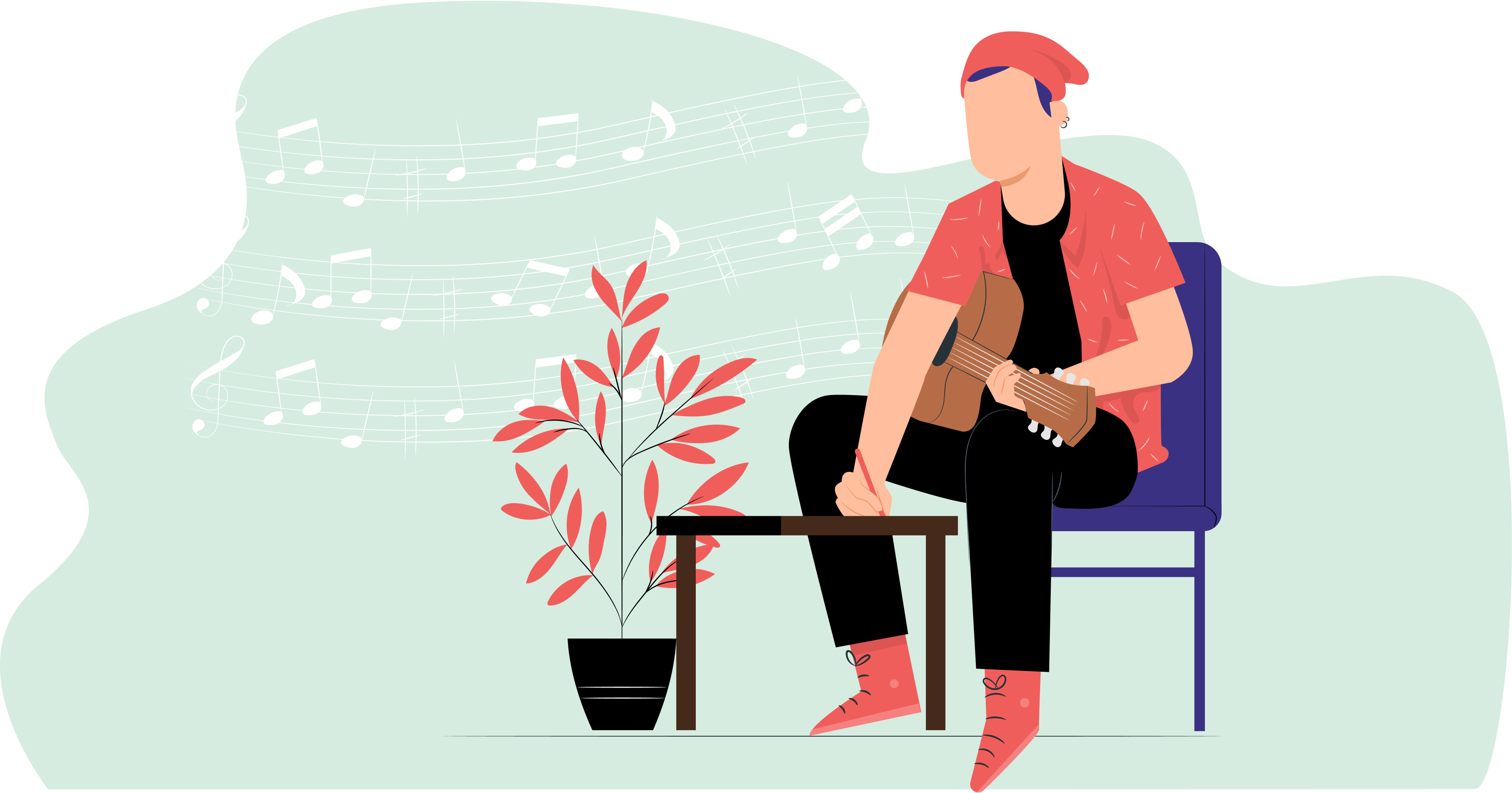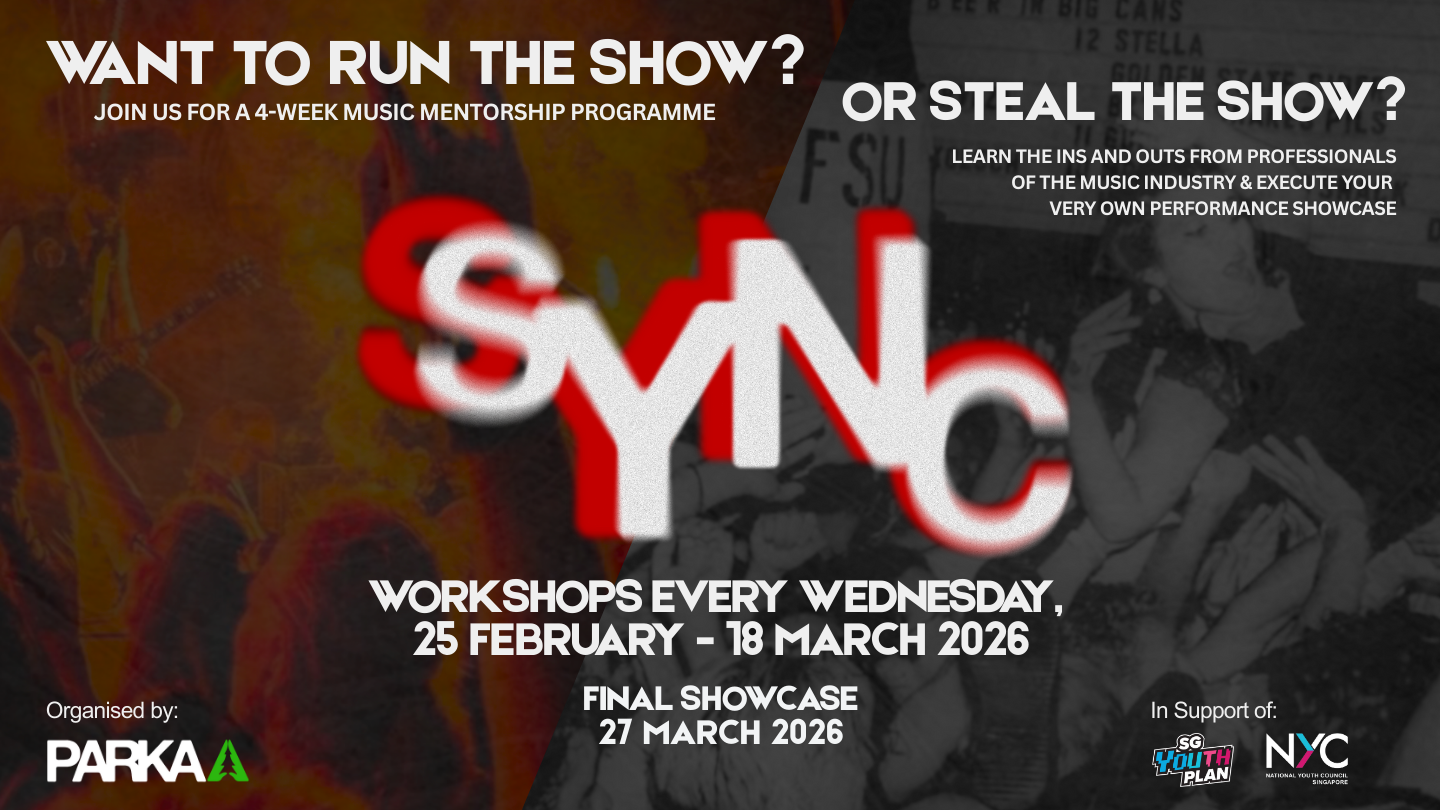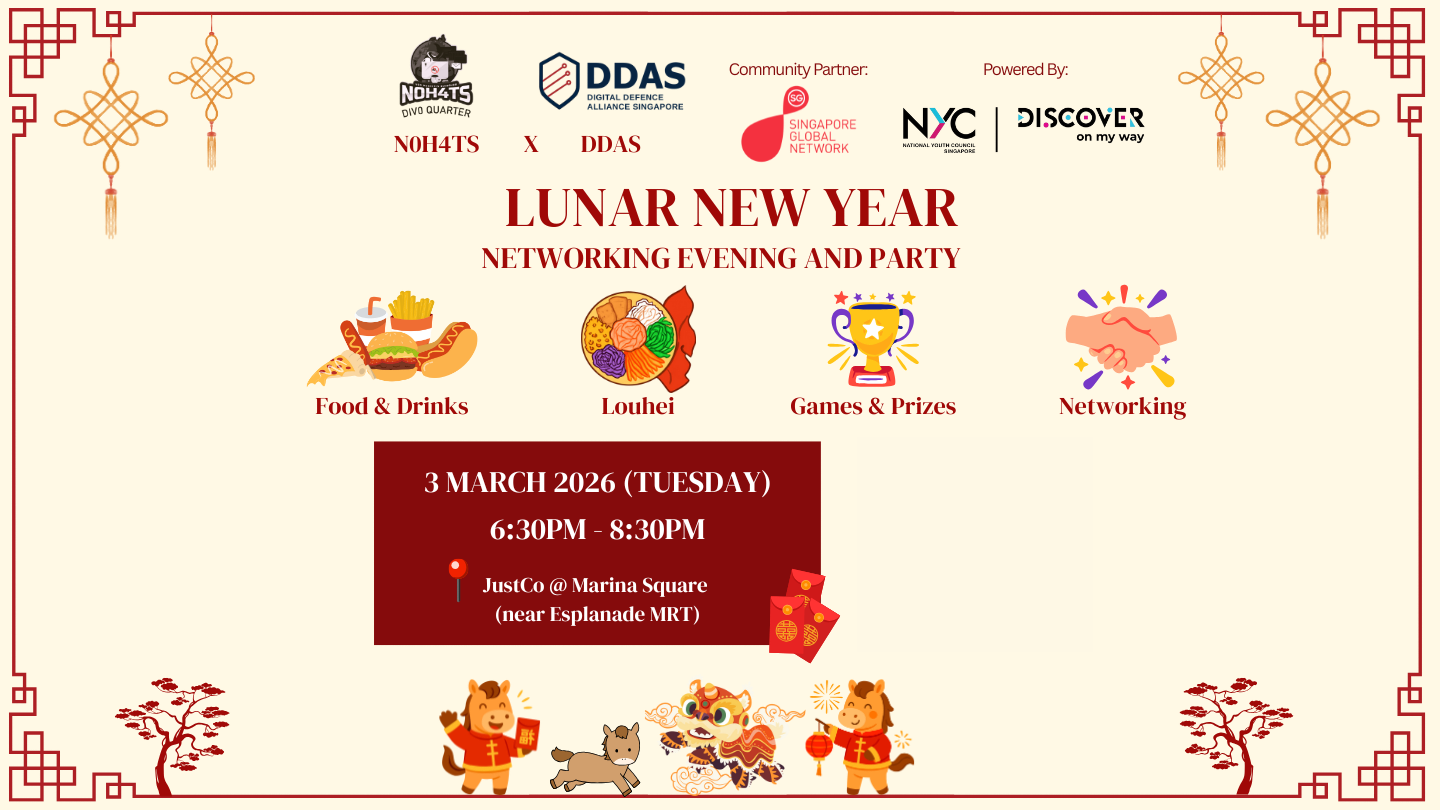
With in-depth knowledge of a wide array of genres, Musicians perform at various events as either a solo act, part of a band or even an orchestra.
- Stage performances at various events, such as school carnivals, open shows, open bar nights or even your own private shows.
- Rehearse and refine musical skills and knowledge through research and exploring new techniques.
- Proactively research opportunities and prepare for event auditions.
- Seek out means to market music albums through events and active networking.
- Create a large presence on Social Media to share and market your music through Pre-Show buzz, selling merchandise and interacting with fans.
- Learn how to play instruments to compose music or perform in front of an audience.
Note
The Music Society Singapore (SGMUSO) is a registered charity that aims to support Musicians in Singapore. They organise various events and initiatives, such as the Musician Support Fund, to aid Musicians during the COVID-19 period.
Nature of Work
Being Musicians is not all glitz and glamour. A great deal of hard work goes on behind the scenes!Key Advice
As aspiring Musicians, it helps to get involved in the community! Consider event gigs or open mic sessions!-
Entry RequirementsEntry Requirements
- Minimally, you would need a Diploma in Music or equivalent. This would provide you a solid foundation in music theory, performance techniques, and the music industry.
- Knowing how to play instruments or use technical production equipment is a plus and can open more opportunities for you.
- Having a strong work ethic is important because being a Musician is not an easy path.
-
Possible PathwayPossible Pathway
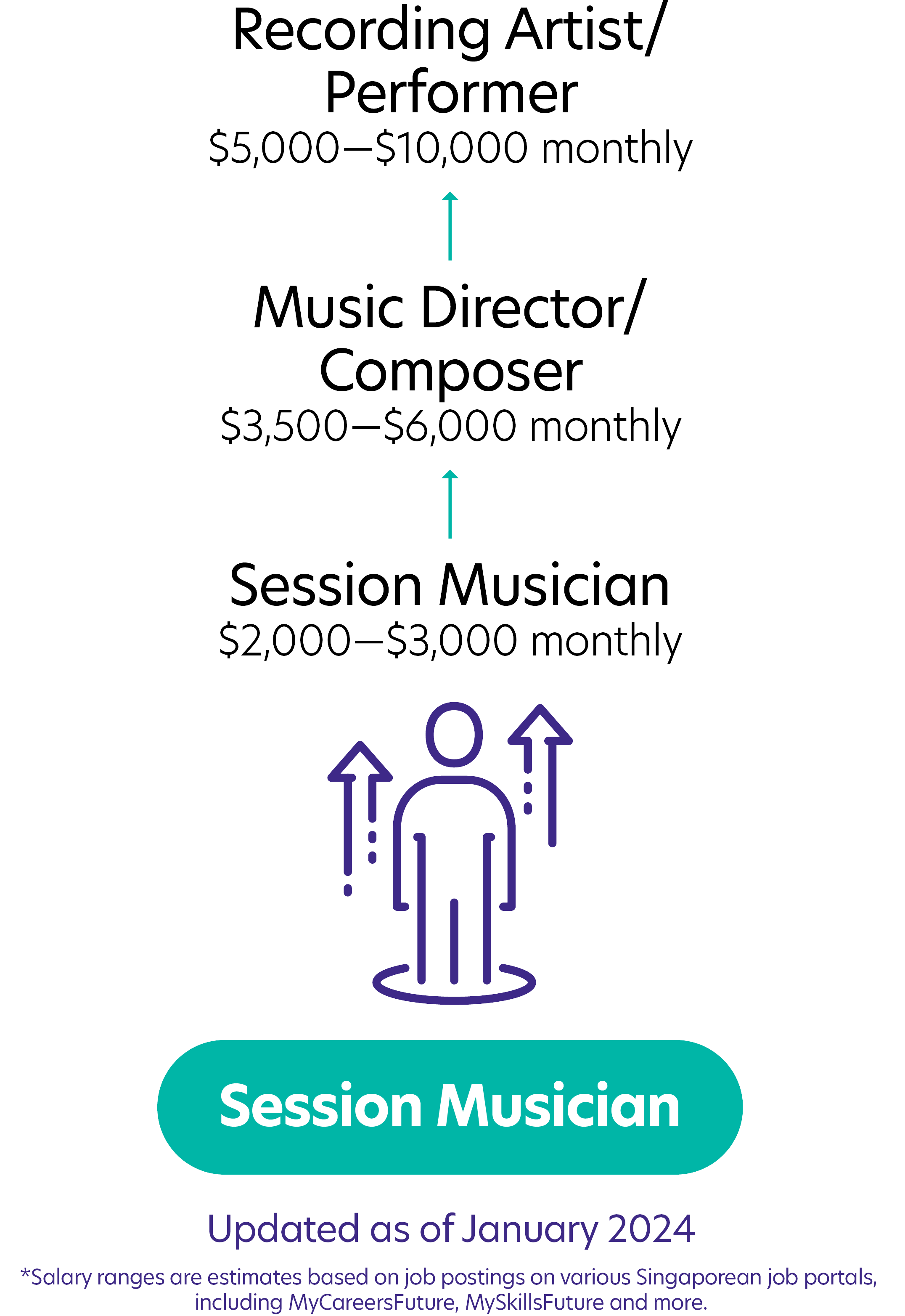
Knowledge of Music Theory Elements
Essential for composing and improvising, grounding your music in theory enhances creativity.Mastery of genre
Specialising in a genre strengthens your identity, attracting dedicated audiences and collaborations.Accurate sense of pitch
Crucial for performing and recording, ensuring harmonies are tight, and performances are polished.Time Management
Juggle rehearsals, gigs, and personal practice efficiently, maximising creative output.Communication
Share ideas with bandmates, producers, and fans, fostering a strong musical community.Interpersonal Skills
Build and maintain positive relationships within the industry for collaborations and support.Related Job Roles
Explore Other Programmes
Browse AllYou have bookmarked your first item!
Find it in My Discoveries with insights on your interests!
